Sport
Senegal’s rollout of a hexavalent vaccine is being hailed as a game-changer in infant immunisation, reshaping regional health strategy with a single shot.
When Aissatou Diop took her six-week-old son, Amadou, to a healthcare centre in the bustling Dakar suburb of Pikine for his first vaccine, she braced for a familiar ordeal.
The Senegalese mother's older children had cried through multiple injections during each immunisation cycle, leaving her dreading the next visit.
She didn't know this time would be different. With a single prick of the needle, Amadou received protection against six potentially fatal diseases.
"I was so relieved to hear from the nurse that this new vaccine would spare my baby the extra pain," Aissatou tells TRT Afrika in between gently rocking the child. "As a mother, watching your child cry from multiple needles is heartbreaking. Now, he gets stronger protection with less suffering. It's a blessing."
Aissatou's relief mirrors the feelings of parents across Senegal, where the government incorporated the hexavalent vaccine into its national immunisation programme on July 1.
The combination vaccine, which replaces separate pentavalent and polio vaccines previously administered to babies, protects against diphtheria, tetanus, whooping cough, hepatitis B, Haemophilus influenzae type B (Hib) and polio.
Parents' peace
For parents like Mamadou Fall, whose daughter recently received her first dose, the change represents more than convenience. It's a lifeline.
"In my neighbourhood, we have seen children suffer from whooping cough and polio. Knowing my baby is safer with fewer injections gives me peace of mind," he tells TRT Afrika.
The hexavalent vaccine marks a milestone in Senegal's Expanded Programme on Immunisation (EPI) for various reasons, including sparing infants multiple injections and easing their parents' anxiety.
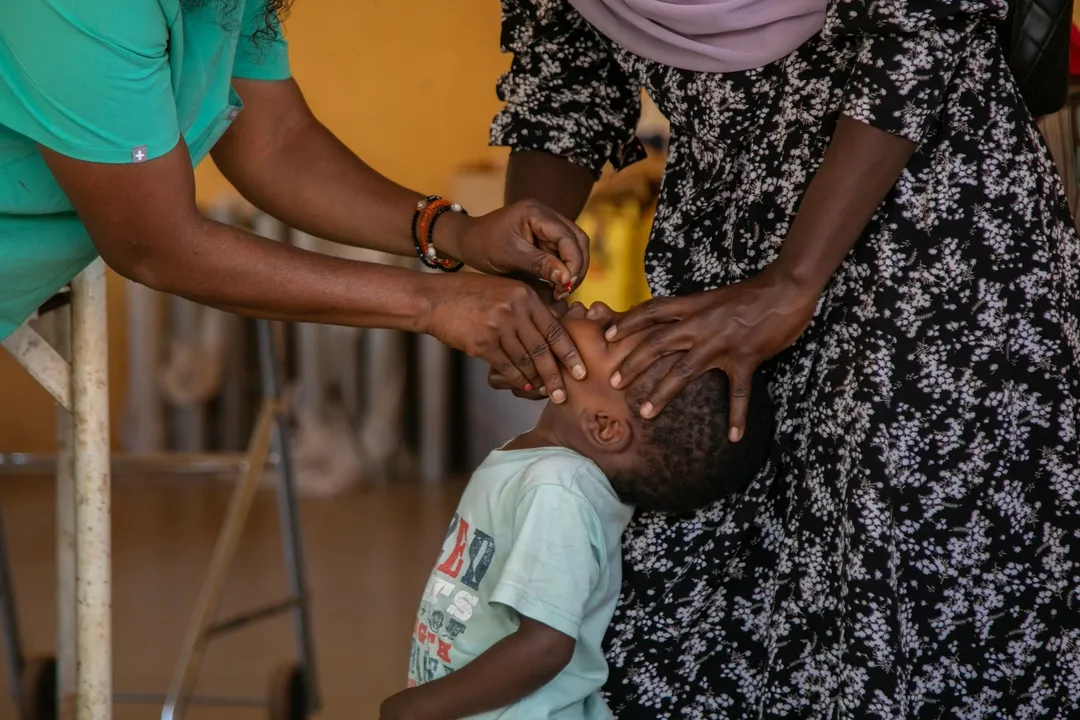
Infants will now receive three doses of the polio vaccine before six months instead of two, significantly bolstering immunity against lingering poliovirus variants in Africa.
The introduction of a booster dose at 15 months, based on World Health Organisation recommendations, ensures longer-lasting protection.
"Earlier, many children would require hospitalisation for severe whooping cough or Hib infections. This vaccine means fewer hospital visits and lower mortality," Dr Fatoumata Fall, a Dakar-based paediatrician, tells TRT Afrika. "It's a game-changer."
Careful preparation
Introducing the hexavalent vaccine required careful preparation.
Nearly 6,000 health workers received training in handling the temperature-sensitive vials, which must be stored between 2°C and 8°C.
Marie Ndiaye, a nurse who administers vaccines in Dakar's Grand Yoff commune, says the transition has been smooth so far.
"Parents were hesitant at first, asking why the vaccine was different," says Ndiaye. "But once we explain that it's safer, simpler and just as effective, they accept it gladly. The children cry less, and the mothers leave happier."
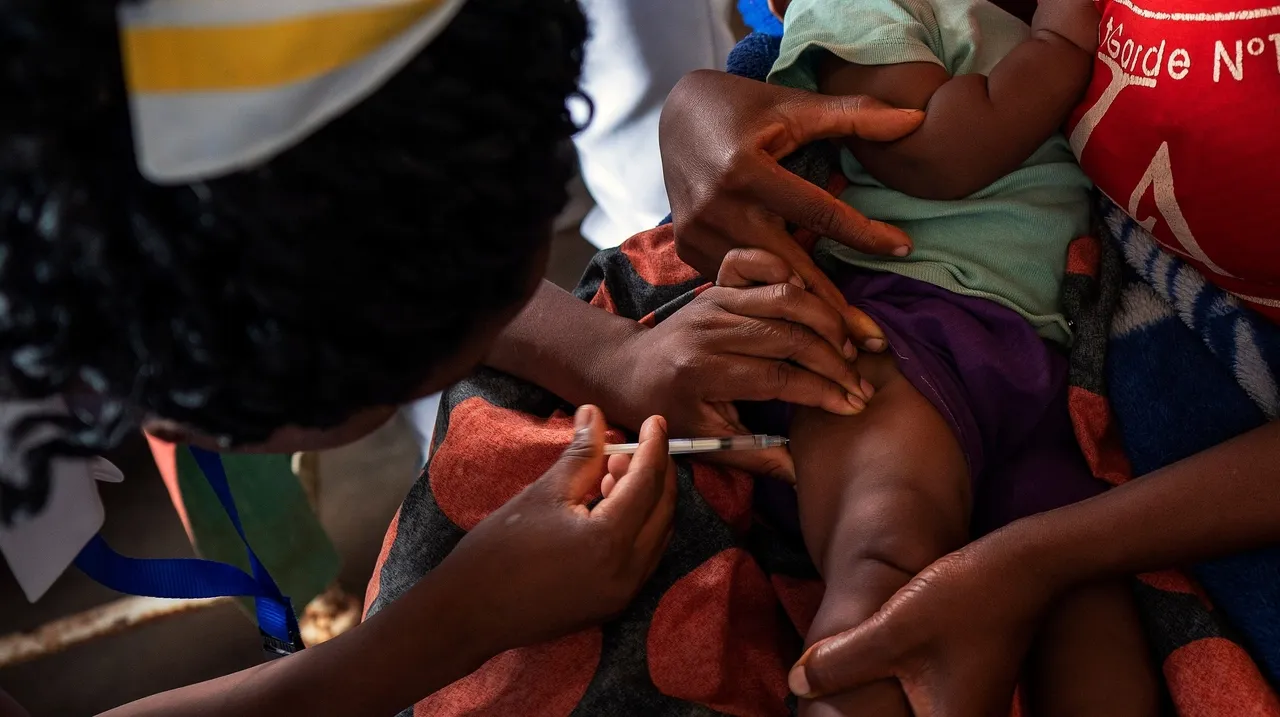
Senegal's hexavalent vaccine rollout follows that of neighbouring Mauritania. The Senegalese government contributed 20% of the funding while Gavi, the Vaccine Alliance, covered the remainder.
Regional model
Dr Ibrahima Sy, Senegal's minister of health and social action, calls the launch a milestone.
"For 18 months, our teams worked tirelessly to prepare for this," he says. "By 2030, we expect to prevent 2,300 hospitalisations annually, thanks to this vaccine."
WHO and UNICEF played pivotal roles in the campaign, providing training, cold-chain logistics and parent education materials.
"This isn't just science; it's equity. Every child, no matter their background, deserves this protection," says Dr Jean-Marie Vianny Yameogo, WHO's representative in Senegal.
Senegal's campaign is already inspiring other neighbours, including Côte d'Ivoire and Burkina Faso, to explore similar reforms.
Aissatou's confidence that her child is being protected without having to go through too much pain reflects what the new hexavalent vaccine means for infant healthcare in the region. "Now, I can tell other mothers: don't be afraid. This vaccine is a gift for our children," she says.
Comments
No comments Yet








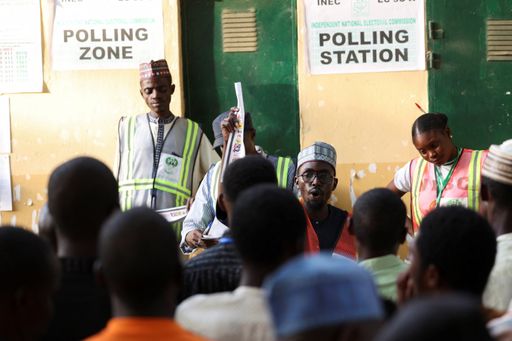
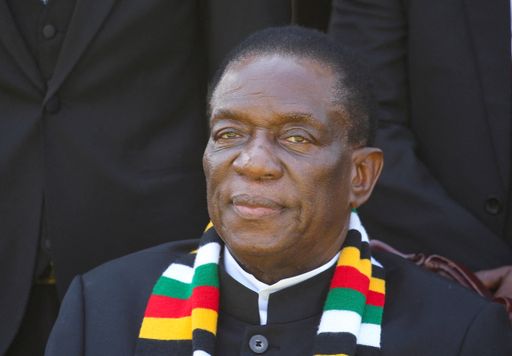
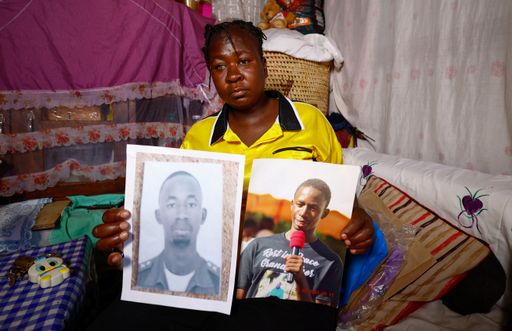
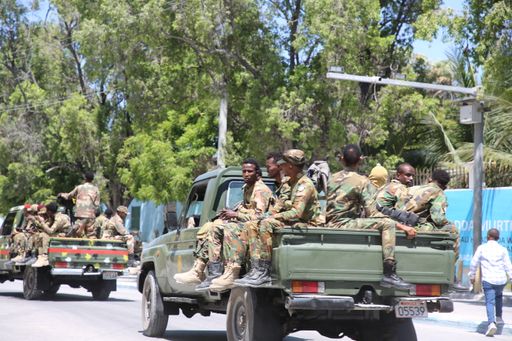








Comment